The Islands of Tahiti are known as an island paradise with an exceptionally warm and welcoming local population. The development of sustainable tourism is essential to preserve this unique natural environment and to safeguard the traditional culture of Polynesian islanders.
The Islands of Tahiti is a combination of many treasures, including the famous Tiare Tahiti flower, Tahitian vanilla, the magnificent turquoise lagoons, the lush green vegetation of the islands and the rich and varied marine life in the ocean. But these jewels could disappear one day if efforts aren’t made to preserve them. French Polynesia is a preferred destination for visitors of all kinds, and various actions have been undertaken to ensure that wedding couples, diving enthusiasts, sunseekers, hikers and every other type of visitor can continue to enjoy the unparalleled beauty of each archipelago. You can participate in these efforts by choosing a different way to travel. Many sectors of the tourism market, especially hotels, are committed to ecotourism. In your choice of tourist activities (snorkeling in the lagoon, visiting a motu…) you can have an impact on the preservation of the environment. In French Polynesia, associations are very involved in sustainable development, in order to transmit the good gestures to the inhabitants and tourists.
Sustainable practices and ecotourism in The Islands of Tahiti
Protecting the environment would seem to be a relatively new idea, but in The Islands of Tahiti the islanders have been living in harmony with their environment for thousands of years. This is part of the Mana, the spiritual force that links every living thing on land and at sea. The conservation and preservation of natural resources has always been a part of the Polynesian way of life. An excellent example of this is the rahui, which installs a fishing ban during certain key periods, to enable the fish to reproduce and restore their numbers. Another is the designation of fallow land to let the soil replenish its nutrients. These applications of sustainable environmental practices are now accepted as necessary throughout the world.
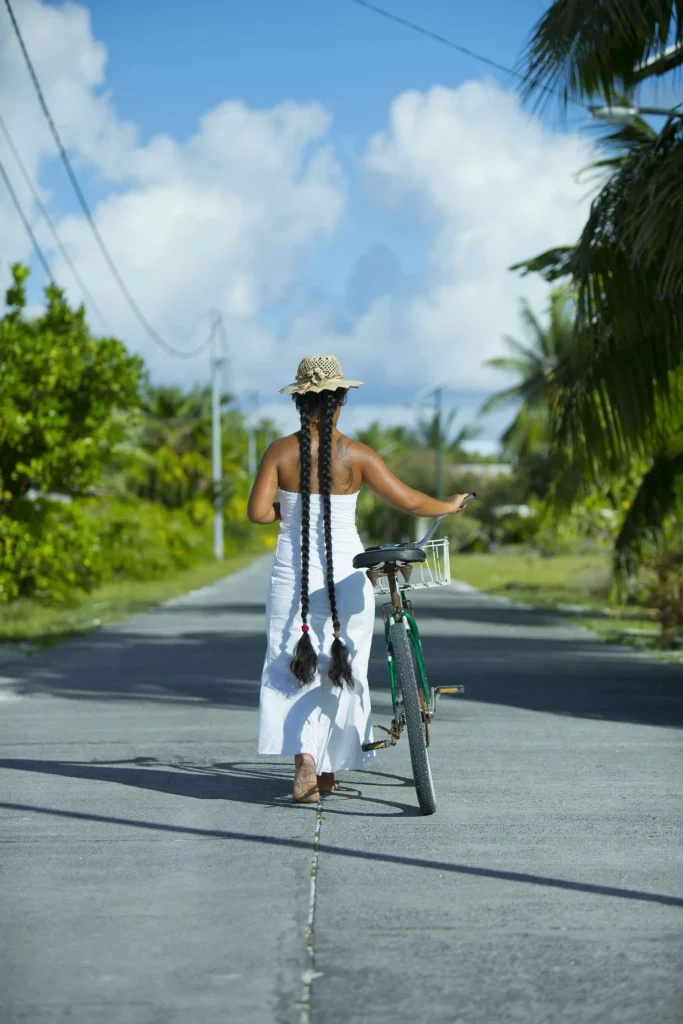
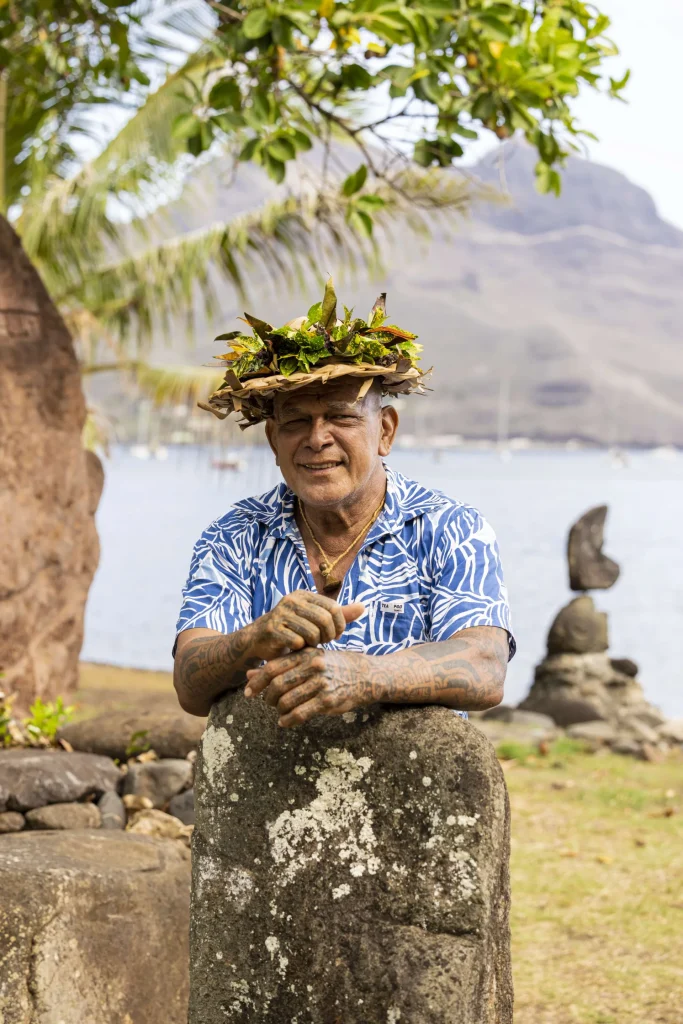
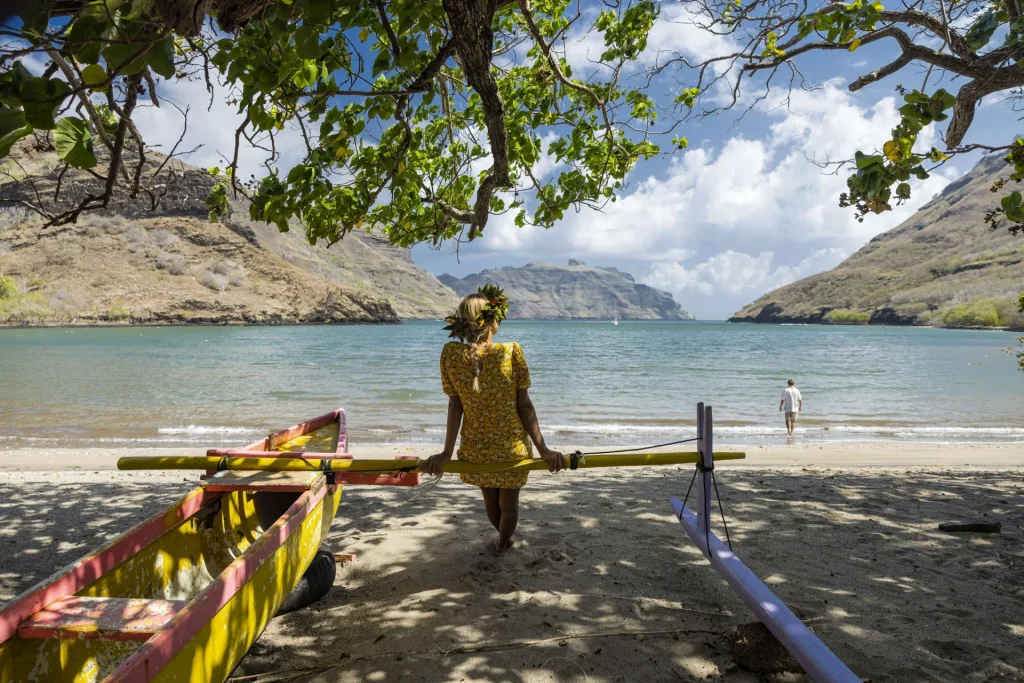
The Islands of Tahiti is full of rich fauna and flora. Some species are endemic and subject to very specific protection measures. The atoll of Fakarava located in the Tuamotu Islands, is a UNESCO Bioshpere Reserve. The candidacy of the Marquesas Islands is also being studied so that its mythical islands can be classified as a UNESCO World Heritage Site. Since 1996, a strict fishing policy has been put in place to preserve this biodiversity, and only line fishing is permitted. Other measures have been taken to limit the tourist flux in certain islands. The natural marine heritage is thus preserved and the experience offered to tourists is more authentic. During your stay in French Polynesia, seek the advice of the local population about environmental matters to help in the preservation of our natural resources.
Eco-responsible travel in French Polynesia
The Islands of Tahiti suffered some negative effects from tourism in the early days of tourist activity. Invasive species were introduced into the islands and the ecosystem was put in danger, as well as the lives of the islanders. Responsible travel can have a huge impact on the harmonious ecosystem in French Polynesia and the development of certain species. On every island, you can find professionals committed to sustainable tourism (hotels, restaurants, tourist guides…)
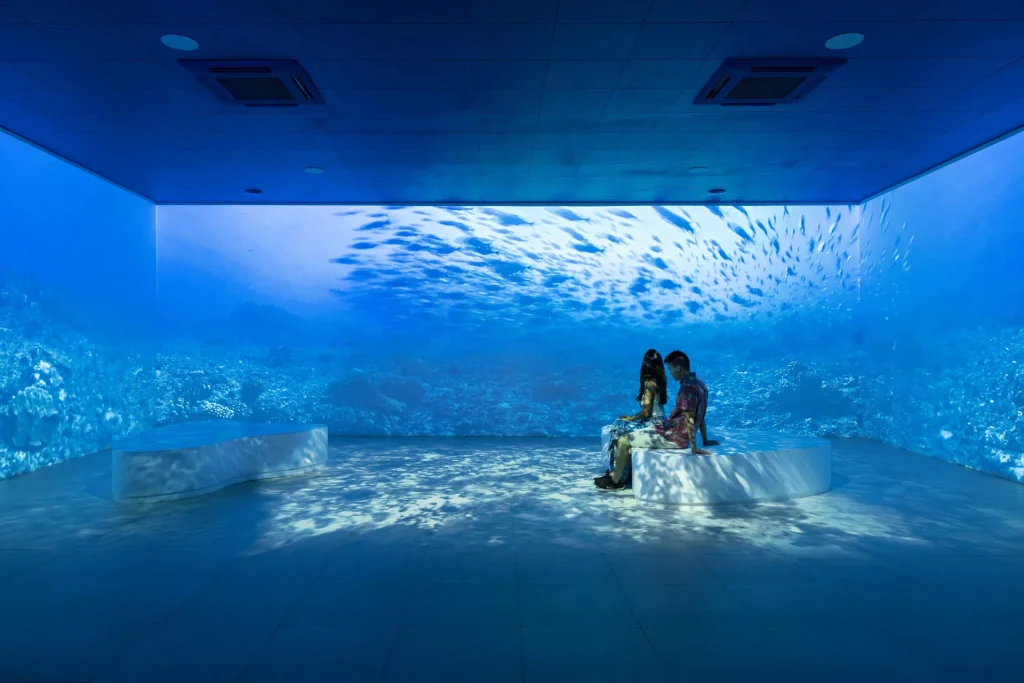
Visit the Te Fare Natura ecomuseum on the island of Moorea, to learn more about the biodiversity of The Islands of Tahiti. In Bora Bora and Moorea, you can adopt a coral with the Coral Gardeners association, to help preserve the coral reef. Also in Moorea, Te Mana O Te Moana center specializes in the protection of sea turtles. Adopt certain measures to make your visit ecofriendly: respect the marine life when you’re swimming, use reusable bags and bottle of water, consume local produce and use ecofriendly suncream.
Themes
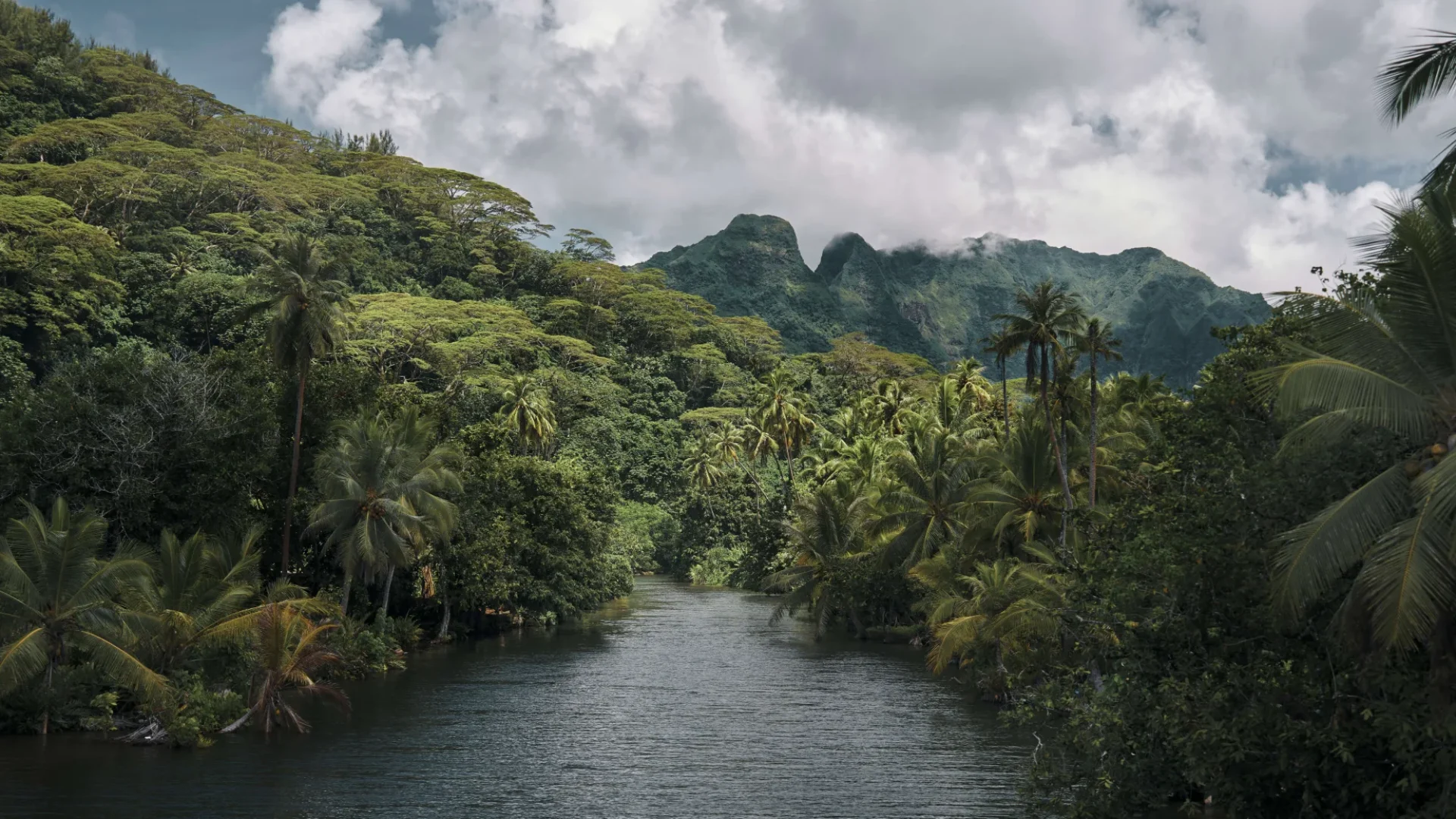
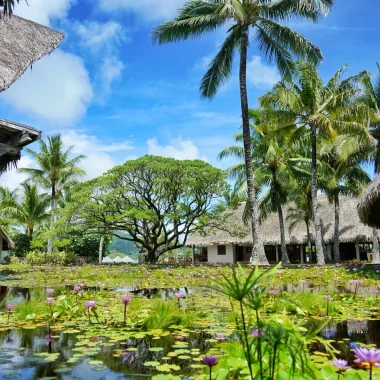
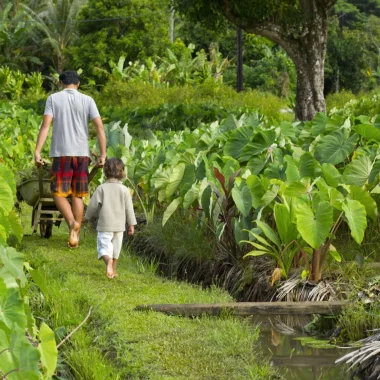
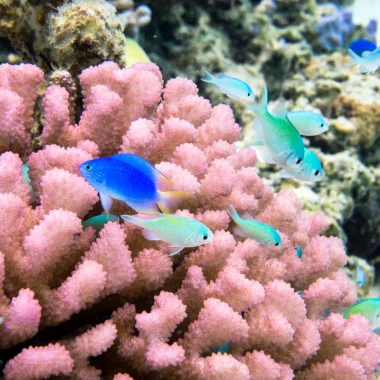
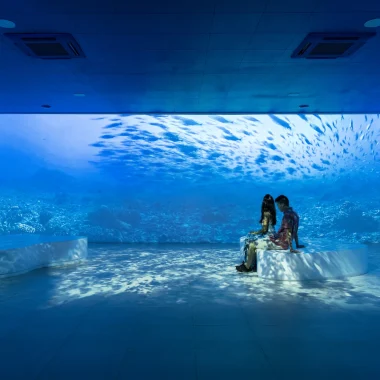
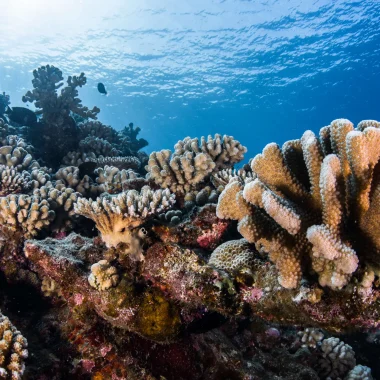
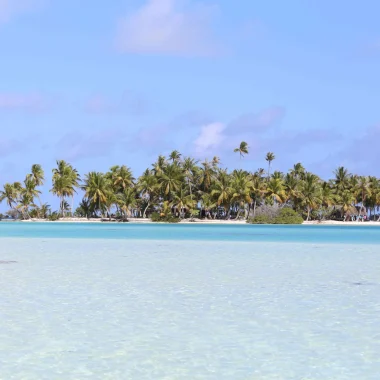
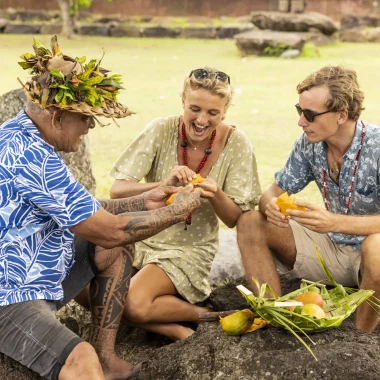
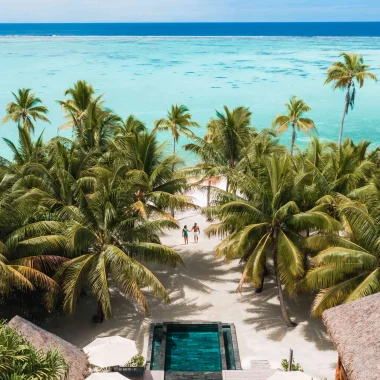
 América del Sur
América del Sur
 Australia
Australia
 Belgique
Belgique
 Brasil
Brasil
 Canada (EN)
Canada (EN)
 Canada (FR)
Canada (FR)
 Deutschland
Deutschland
 España
España
 France
France
 Italia
Italia
 Mexico
Mexico
 Polynésie française
Polynésie française
 New Zealand
New Zealand
 Schweizerisch (DE)
Schweizerisch (DE)
 Suisse (FR)
Suisse (FR)
 United Kingdom
United Kingdom
 United States
United States
 한국
한국
 中国
中国
 日本
日本